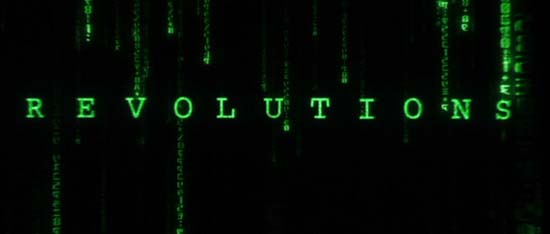One of the Amdocs Marketing messages is around the 'Outside-In Perspective', i.e. the customer view on CRM rather than the 'Inside-Out Perspective' that only considers company features and processes.
This is true on one side, but does not really cover both sides. It is not enough to listen to the customer, it is very crucial that a business can offer value and an experience to buyers that is unique on the market. This will require some leadership and customer education in a specific area.
Companies like Apple do a very good job listening to their customers, but this is not the only reason for their success. Steve Jobs is also a visionary and is able to show new ideas and uncommon products bringing two worlds together.
To make buyers to loyal customers (i.e. Apple fans) requires a real Two-Way CRM that is also able to provide an outstanding and personalized customer experience with the products and the company or brand!
So it is a nice feature of CRM suites to adapt to existing business processes, but it is also necessary to re-think these processes and make sure they allow Two-Way CRM.
Market intelligence that flows both ways
17 hours ago








